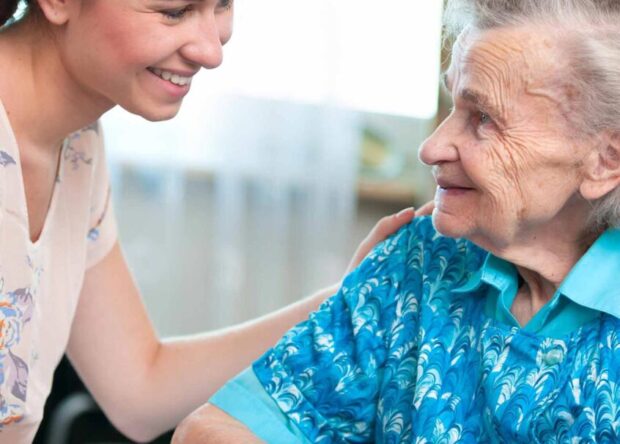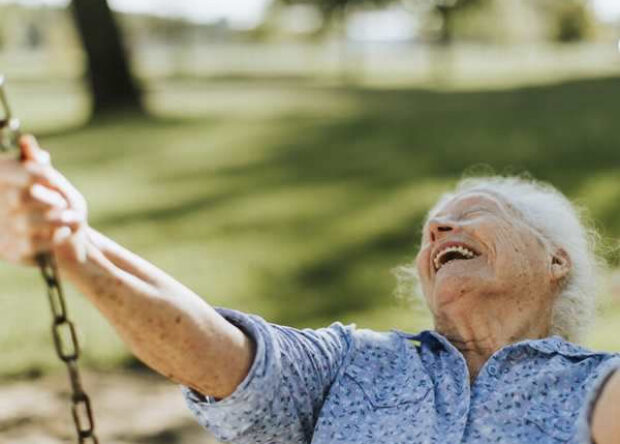Assisted Living In Boca Raton, FL
Find local care advisors
Quick Navigation
On The Page
Find the Best Assisted Living Near Boca Raton, FL
Beautiful Boca Raton, FL, located on the Atlantic Coast, has plenty to offer retirees looking for an assisted living facility. Seniors in Boca Raton have dozens of assisted living properties to choose from. These communities provide extra help for residents to maintain as much independence as they’re able in an apartment-style living arrangement. In this guide, you’ll find more information about the cost of assisted living in Boca Raton and benefits that some seniors may be eligible for to pay for it. We also include an overview of the city and what seniors and their families can expect from assisted living.
With so many options in Boca Raton, finding the right assisted living community can be difficult, especially for people who aren’t familiar with the area. A local senior care advocate can help seniors and their families evaluate different properties to find a suitable one.
Your Boca Raton, FL Senior Living Advisor
What is the Cost of Assisted Living in Boca Raton, FL
Seniors in Boca Raton can expect to pay an average of $4,385 per month for assisted living, although individual locations will vary slightly, depending on the amenities provided. Senior care advisors in Boca Raton can help seniors and their families understand the pricing structure of different assisted living properties.
A good way to determine how much your senior will be able to contribute to assisted living is to add up their monthly household budget. Include mortgage or rent payment, groceries, transportation, utilities and other household maintenance, and discretionary spending. This can give you an idea of how much they’re currently spending and a ballpark for an assisted living budget. Some facilities price their services separately, while others have fees that include room and meals, plus utilities, Wi-Fi, and laundry or light housekeeping.
Seniors in Boca Raton assisted living communities are given as much help with the activities of daily living (ADLs) as they need, from trained staff available night and day. Common ADLs include:
- Cleaning their apartment and completing chores
- Eating or preparing meals and cleaning up
- Mobility assistance, including lifts
- Medication management
- Personal care, bathing, and grooming
If your loved one can complete many of these personal care tasks independently, they’ll be afforded a similar level of independence in assisted living. However, as their needs change, then their care plan can be adjusted to give them a little extra help.
Beginning a conversation about moving into assisted living can be hard for many families. It may help to track your loved one’s ability to care for themselves at home and note their ability to perform ADLs. If you notice a change, which can signal when it’s time to talk about transitioning into assisted living. If you need help finding the right assisted living property for your senior’s needs, a local Boca Raton senior care advisor can help.
What Should Every Senior Know About Living in Boca Raton, FL?
Boca Raton is towards the southernmost tip of Florida, near Miami on the Atlantic Coast. Residents here have ready access to all the perks of the nearby city while enjoying a slower pace and more relaxed lifestyle closer to home. The warm weather isn’t the only thing that makes Florida appealing. It’s one of the most tax-friendly states in the country for retirees, with no tax on retirement account withdrawals or Social Security, plus no inheritance or estate tax.
Boca Raton Weather & Climate
The weather in Boca Raton is generally pleasant year-round, although it is in the hurricane zone. Winter low temperatures average 59 degrees, while summer highs reach the 90s. The city receives 60 inches of rain each year and has about 231 days of sunshine.
Local Hospitals & Notable Medical Care
Seniors in Boca Raton have plenty of options for medical treatment and emergency care, including Boca Raton Regional Hospital, which has emergency medicine, specialty treatment, and telemedicine, and West Boca Medical Care, which offers urgent care and orthopedic treatment.
Transportation
Boca Raton residents have plenty of options for transportation in the city and to Miami and throughout Broward and Palm Beach Counties. Tri-Rail is a commuter train line stretching from Mangonia Park in Palm Beach County to the Miami Airport in Miami-Dade County. Closer to home, Palm Tran is a fixed-route bus system serving the greater Boca Raton area. Finally, Broward County Transit offers public transportation from downtown Boca Raton and into most of the county. Seniors may be eligible for reduced fares on all of these systems.
Arts, Culture & Recreation
The Boca Raton Museum of Art blends art and technology with expertly curated visual exhibits. The city is also home to several performing arts venues and hosts seasonal art and culture festivals.

Care assessment tool
Access our free senior care assessment tool, which can help you evaluate the specific needs and requirements of you or your loved one. By answering a series of questions, you’ll receive personalised recommendations and insights to aid in the decision-making process.
Take the AssessmentFAQ About Assisted Living in Boca Raton, FL
Assisted living facilities feature apartment-style living centered around shared community spaces. Residents may enjoy privacy in their own residence while reaping the benefits of on-site socialization opportunities and necessary amenities. Many assisted living communities feature restaurant-style dining for meals, fitness centers and pools, outdoor gardening areas, or TV and game rooms for resident use.
Since many assisted living properties have private apartments for residents, seniors may bring their own furniture and decorations to personalize the space. Some larger furniture may be provided, such as a bed or couches, but most communities encourage residents to bring their belongings to personalize their space.
Assisted living facilities offer help with ADLs according to resident needs, but medical care is provided independently. Nursing homes also assist with ADLs and mobility, but medical care is provided at the facility. Nursing homes are generally for people who require around-the-clock medical care and monitoring.
Assisted Living in Cities Near You







